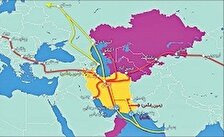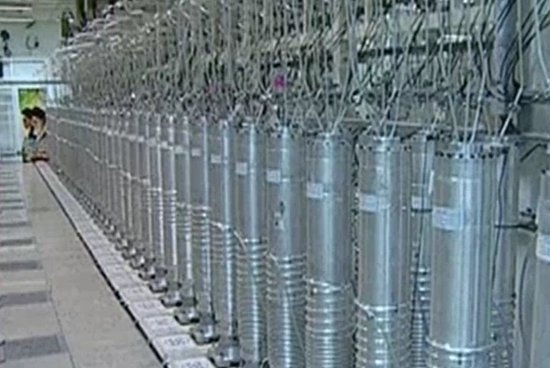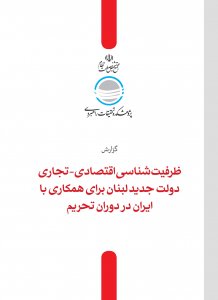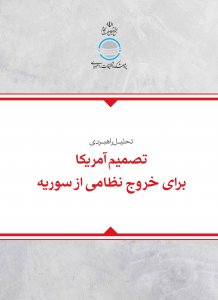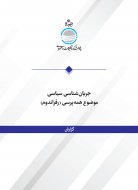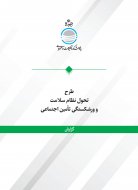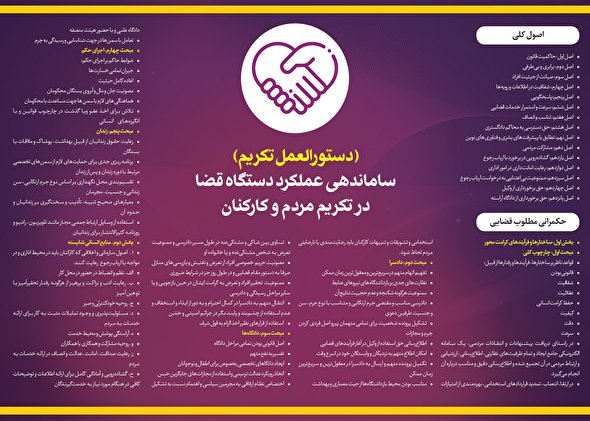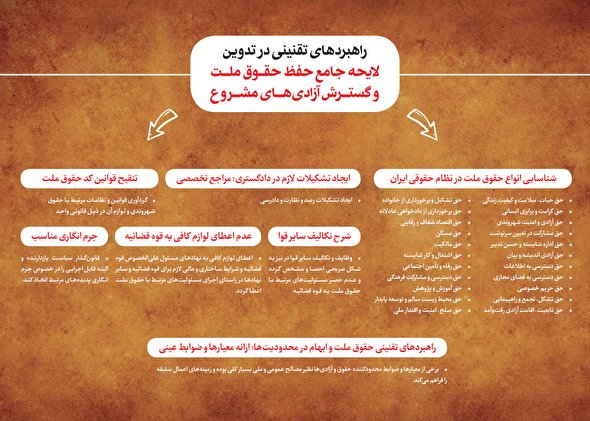
Geopolitical Impact of National Interest of the Islamic Republic of Iran on Competition NATO and the Shanghai Cooperation Organization in Central Asia
National interests are the core component of foreign and domestic policy decision-making for any country. One of the strategies to achieve national interests is to cooperate within regional organizations' framework or be active while looking at other countries' interests with priority given to a country's periphery. The Central Asian region, as one of the regions of interest to regional and supra-regional powers, is currently the arena of SCO-centered competition between China and Russia, as well as the presence and tendency of NATO, centered around the U.S. to compete with Russia and China. As a country with several geopolitical regions, Iran can not be successful in its regional and international strategies without considering these regions and not being a member of the regional organizations affiliated with these regions. The present study was collected by the qualitative method and the nature of the descriptive-analytical method approach and a survey method (interview) with ten experts in the security and Central Asia field who were selected and appropriately saturated by purposeful and available sampling method. This article investigates the geopolitical impact of the Islamic Republic of Iran's national interests on the competition between NATO and the SCO in Central Asia. The main question is: To what extent do the geopolitical conflict and the rivalry between Shanghai Cooperation and NATO in Central Asia affect Iran's national interests? Accordingly, the research findings show Central Asia has a geopolitical connection with Iran. Therefore, the rivalry between NATO and Shanghai Cooperation has affected Iran's national interests. It has required Iran to adopt an appropriate strategy to review and redefine the security environment to protect its national interests.

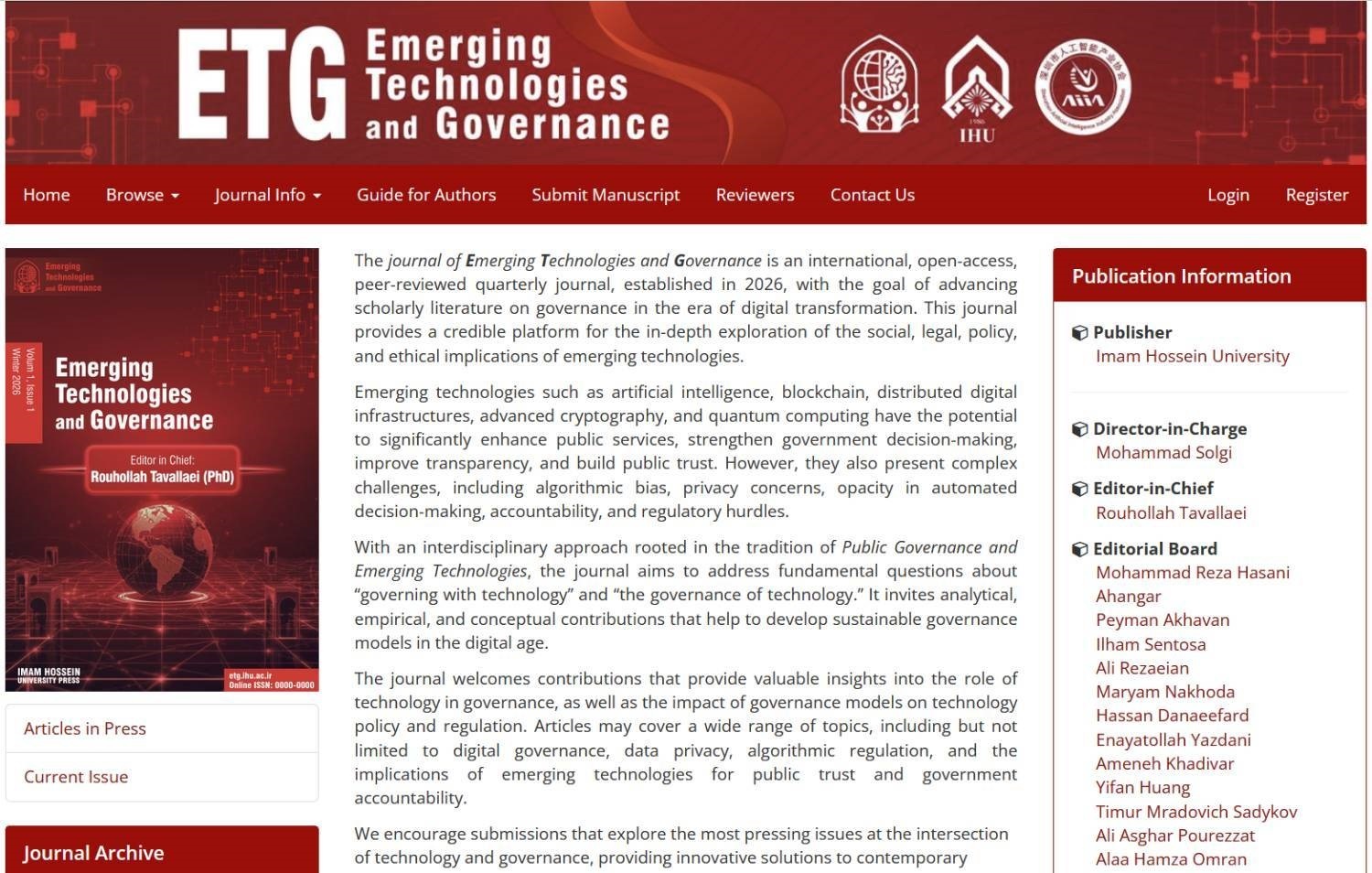
فراخوان مقاله نشریه بین المللی فناوریهای نوظهور و حکمرانی

نشست شورای مراکز علمی حاکمیتی کشور در پژوهشکده تحقیقات راهبردی برگزار شد.
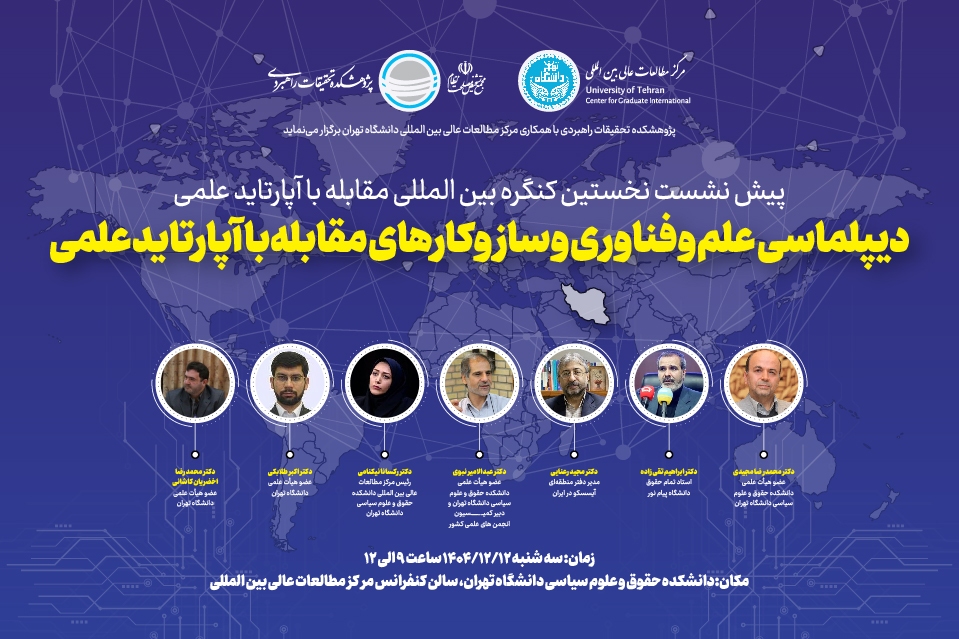
دعوت نامه حضور در پیش نشست نخستین کنگره بین المللی مقابله با آپارتاید علمی
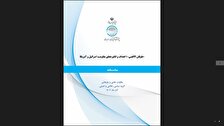
گزارش سیاستی با عنوان «طوفان الاقصی؛ اهداف و انگیزههای مقاومت، اسرائیل و آمریکا»
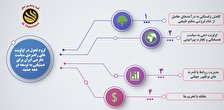
تحول در اولویتهای راهبردی سیاست خارجی ایران برای دستیابی به توسعه در دهه جدید
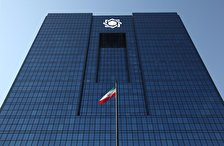
بررسی محدودیت ماهیانه بانک مرکزی بر روی ترازنامه بانکهای کشور

بایستهها و ضرورتهای تحقق دولت تنظیمگر

جذب سرمایه خارجی جهت توسعه صنعت نیمه هادی در کشور

تبیین پنجاه سال روابط دیپلماتیک ایران و چین

ابزار مذاکره در دکترین سیاسی و امنیتی آمریکا
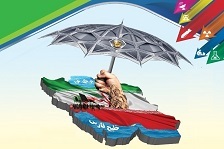
از بازدارندگی سنتی تا تابآوری هوشمند: بازآرایی سیاستهای پدافند غیرعامل در مواجهه با تهدیدات همهجانبه

غذا، استقلال و امنیت ملی؛ بازخوانی امنیت غذایی پیش و پس از انقلاب اسلامی
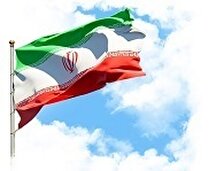
ترسیم چشمانداز آینده جمهوری اسلامی ایران؛ ضرورت تقویت مشارکت ملی برای ساختن رویای تمدنی
